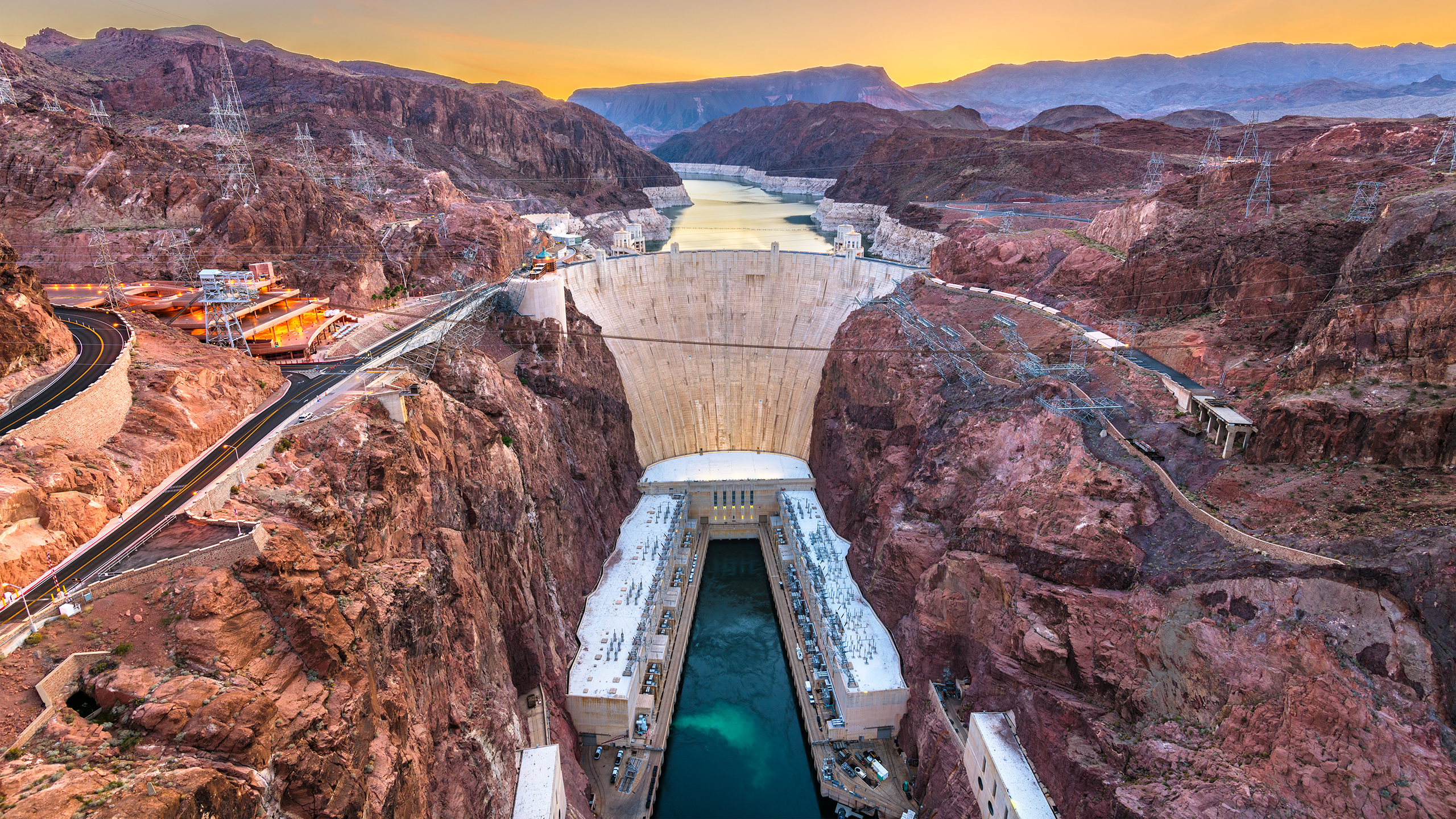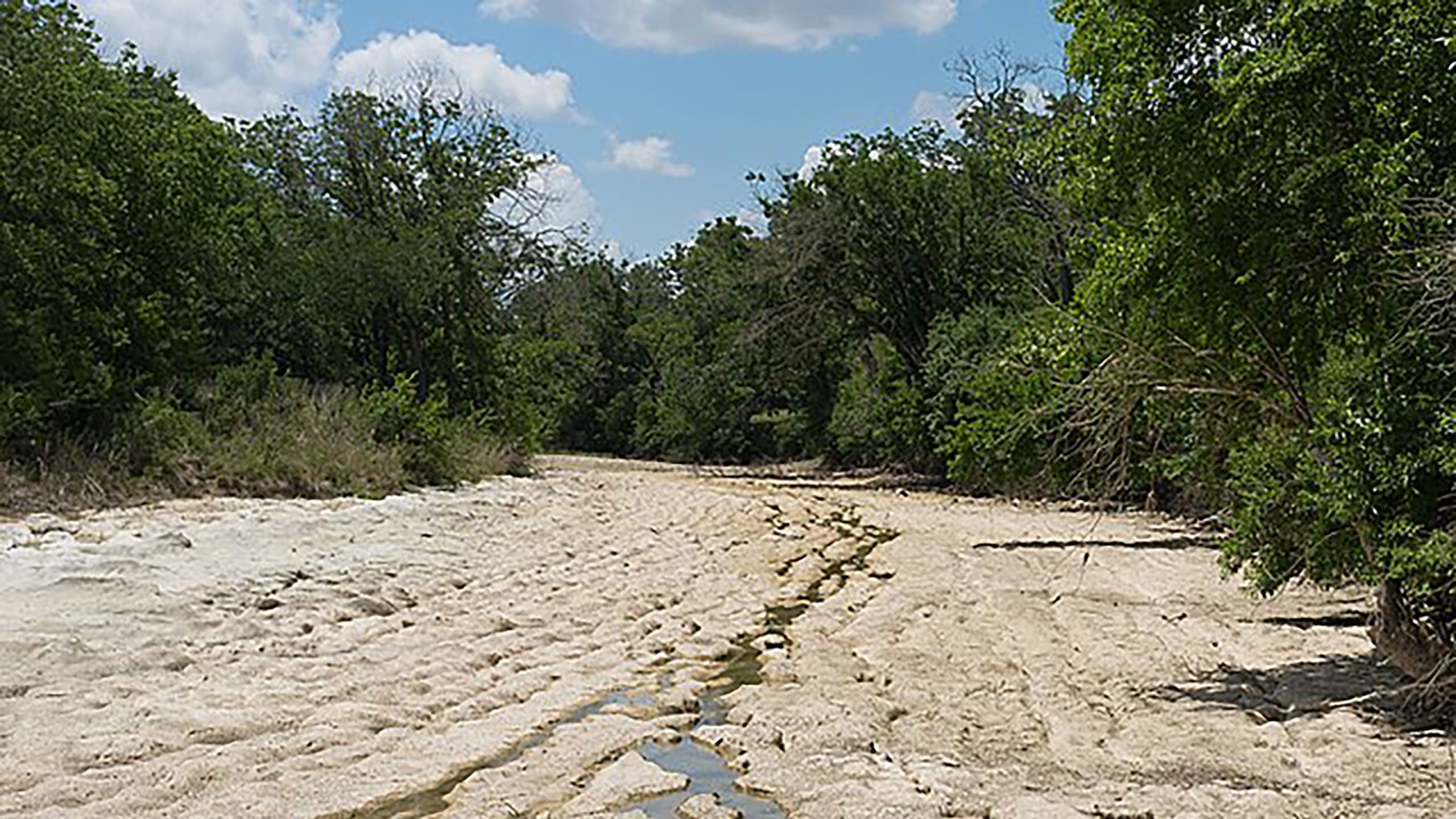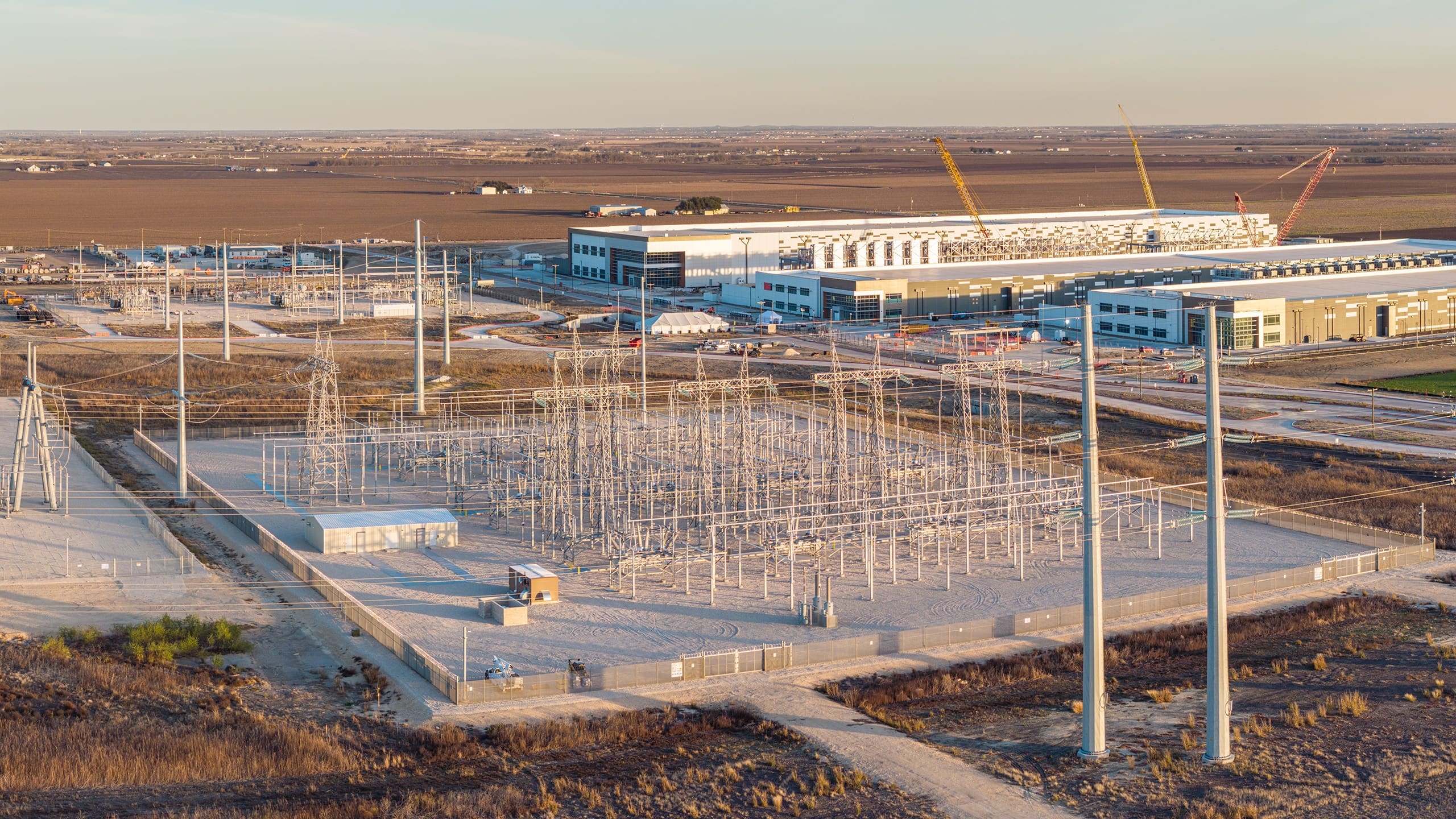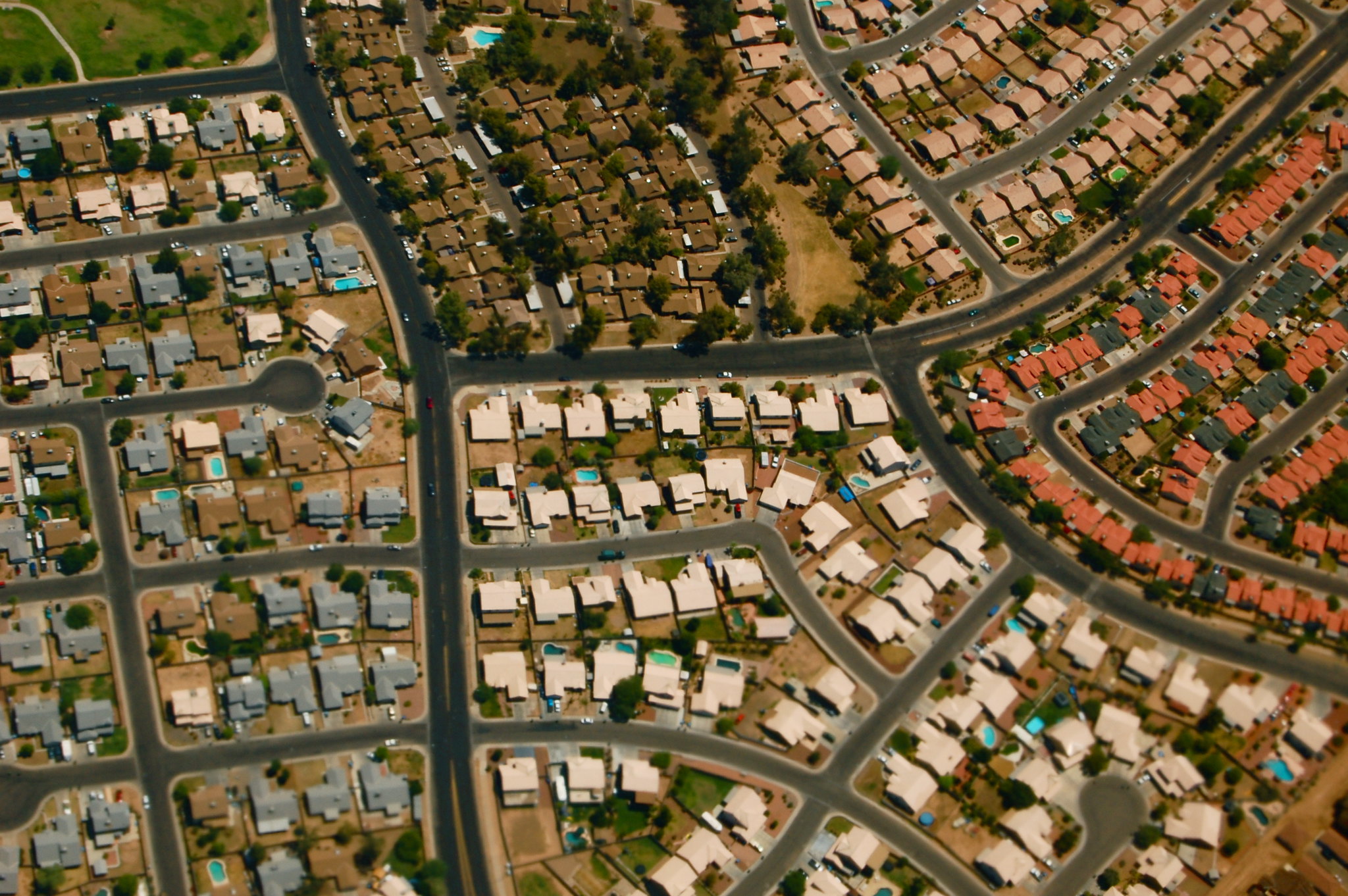Listen and subscribe to us on your favorite podcast platform:
There’s less than everyone thought there was going to be and there just isn’t enough to go around. So, whether you divide the river on set amounts like the Compact does, or based on some percentage of natural flow, there’s still just not enough… That’s hard to overcome despite the best efforts of the negotiators.
Kathryn Sorensen, director of research at the Kyl Center for Water Policy
I think Arizona’s bottom line is that some amount of water must flow through the Central Arizona Project and reach the cities and tribes that rely on the Colorado River water. It can’t be zero.
Sarah Porter, director of the Kyl Center for Water Policy
Negotiators representing seven states, 30 tribes, and Mexico are running out of time to agree on new rules to guide sharing of Colorado River water before a federally mandated deadline next fall. Failure to do so would forfeit water allocation authority to the Bureau of Reclamation, and costly state and tribal litigation would be argued before the U.S. Supreme Court.
Potable water supply for much of the West is not all that’s at stake in managing demands on the river’s supply. “Deadpool” levels in the reservoirs at Lake Powell and Lake Mead would result in inability of the Glen Canyon and Hoover Dams to generate hydropower. The establishment of new post-2026 operating guidelines among the river’s competing stakeholders is a complex undertaking, consuming much of the region’s attention and effort.
However, an analysis published last week by six leading scholars in the basin warns that immediate, substantial action to conserve water is needed. Their study suggests that if the coming year’s patterns of water supply and use mirror past years, then by the time any hard-won new guidelines are in place, the basin may already be in serious trouble.
In this episode, study author Kathryn Sorensen and water policy expert Sarah Porter
provide perspectives on the near-term science, human behavior, and potential solutions relating to conditions around the Colorado River.
Relevant Articles and Resources
“Analysis of Colorado River Basin Storage Suggests Need for Immediate Action” (Jack Schmidt, Anne Castle, John Fleck, Eric Kuhn, Kathryn Sorensen, Kathrine Tara, September 2025)
“As the Colorado River slowly dries up, states angle for influence over future water rights” (The Conversation, August 2025)
“Inside the ‘revolutionary’ new Colorado River proposal” (E&E News by Politico, July 2025)
Colorado River Shortage: What This Means for Arizona & What Comes Next (Arizona Water Blueprint)
“The Colorado River needs some ‘shared pain’ to break a deadlock, water experts say” (KUNC, May 2025)
“Floating Pools & Grand Bargains” (Kyl Center for Water Policy at Morrison Institute, April 2025)
Relevant Ten Across Conversations Podcasts
Checking in on Tense Colorado River Negotiations with Anne Castle and John Fleck
Understanding Groundwater Risks in the Southwest with Jay Famiglietti
Experts Share Insights on the Ongoing Colorado River Negotiations
Why Everyone Should Care About the Colorado River with Rhett Larson
Getting Honest About the Colorado River Crisis with Anne Castle & John Fleck
The Future of Water is Here: Are We Ready?
Credits
Host: Duke Reiter
Producer and editor: Taylor Griffith
Music by: Johan Glössner and Daniel Gunnarsson
Research and support provided by: Kate Carefoot, Rae Ulrich, and Sabine Butler
Guest Speakers
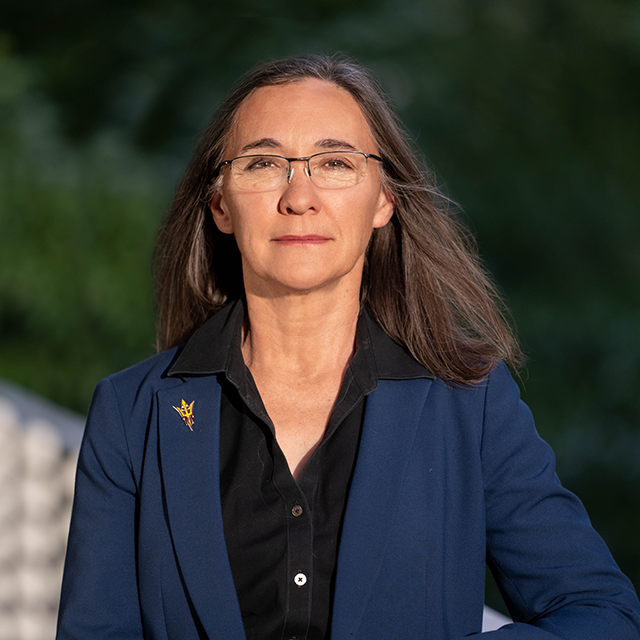
Sarah Porter is the director of the Kyl Center for Water Policy at Arizona State University’s Morrison Institute for Public Policy, and professor of practice in ASU’s College of Global Futures. Sarah previously served as the Arizona state director of the National Audubon Society and led their Western Rivers Project. She also serves on Governor Katie Hobbs’ Water Policy Council, the City of Phoenix’s Environmental Quality and Sustainability Commission, and several other community boards. In 2023, she was named to the Arizona Capitol Times Powerlist as an “Unsung Hero,” in recognition of her work on Arizona water policy.
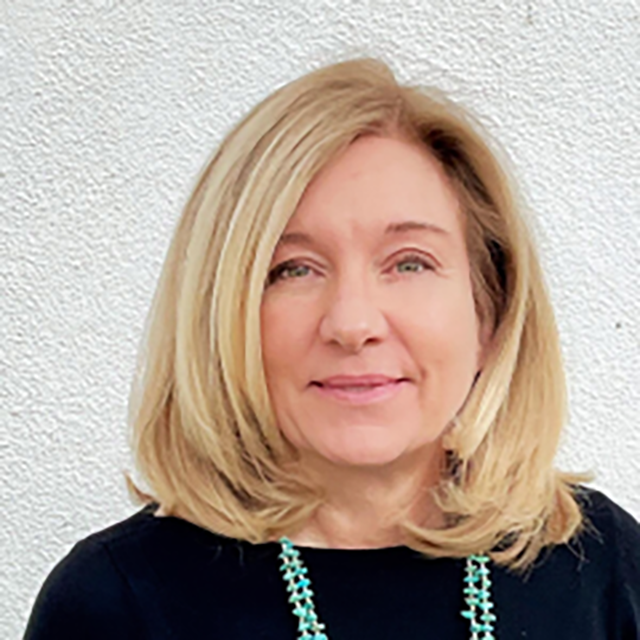
Kathryn Sorensen is director of research at the Kyl Center for Water Policy and a Senior Global Futures Scientist at Arizona State University’s Julie Ann Wrigley Global Futures Laboratory. Kathryn is also a member of the Colorado River Research Group and board member on the Water & Health Advisory Council. Kathryn previously served as director of City of Phoenix Water Services and director of the Water Resources Department at the City of Mesa.
